Paxi And Our Moon Phases And Eclipses
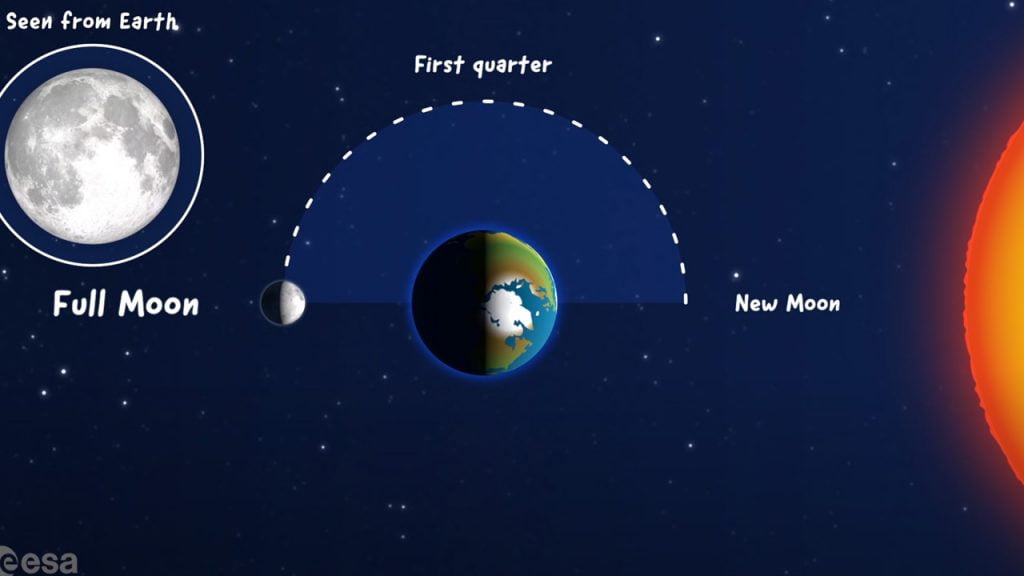
Brief description Join Paxi as he explores the Moon. In this video, targeted at children aged between 6 and 12, Paxi explains the Moon’s phases and eclipses.https://youtu.be/w4U_cuF-_hIhttps://youtu.be/C3CoOgHxsAkhttps://youtu.be/G9AbC5KlIPAhttps://youtu.be/rq_GaHAz8F4https://youtu.be/eFg6n4WLDhohttps://youtu.be/HPFXqqe971Ihttps://youtu.be/RuTuefZC45Qhttps://youtu.be/Fv56Nk2kpqUhttps://youtu.be/Q88PBr0Hj6Uhttps://youtu.be/K_KqWr4oHmAhttps://youtu.be/i7Zq545gMOohttps://youtu.be/X-o9PmbDNzAhttps://youtu.be/MjJxaCBjUQ4https://youtu.be/CGlZiLBGruoLanguages available:This video is available in English, Czech, Danish, Dutch, Finnish, French, German, Italian, Norwegian, Polish, Portuguese, Romanian, Spanish and Swedish. This video also contains auto-generated subtitles in English, […]
Power from Water – How to produce oxygen and hydrogen on the Moon
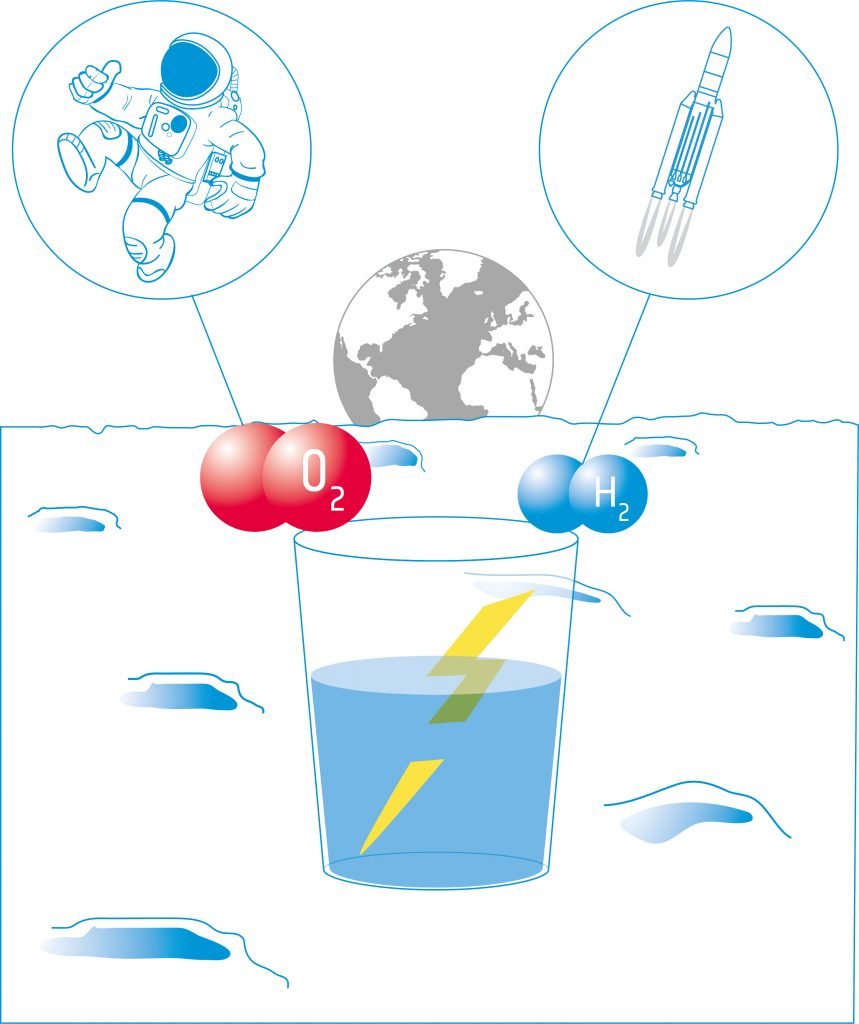
Brief description: In this set of three activities, students will learn about electrochemistry. In the first activity, they will build a voltaic pile – a simple battery. This invention marked the beginning of electrochemistry. Students will then study electrolysis. Electrolysis uses electric current to split water into its components: hydrogen and oxygen. These products can […]
Landing on the moon – Planning and designing a lunar lander
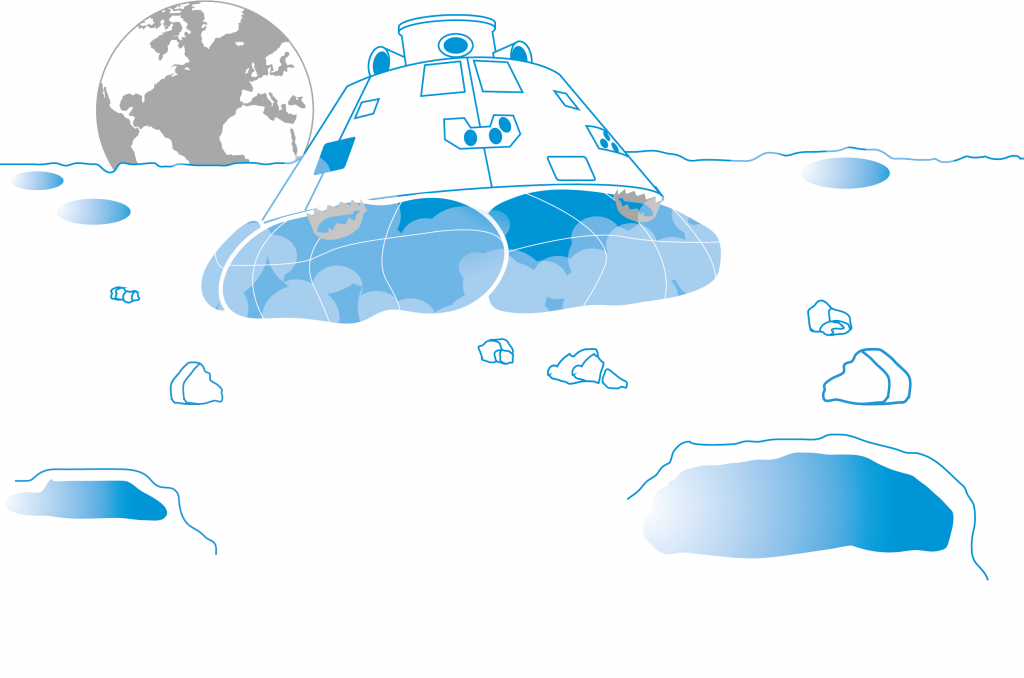
Brief description: In this set of activities, students will plan, design and build a landing module to secure the survival of the crew (in the form of an egg-naut) landing on the Moon. They will explore which factors should be considered when landing on the Moon, in comparison to landing on Earth. In the design […]
Space Bears – Lab-experience with Tardigrades
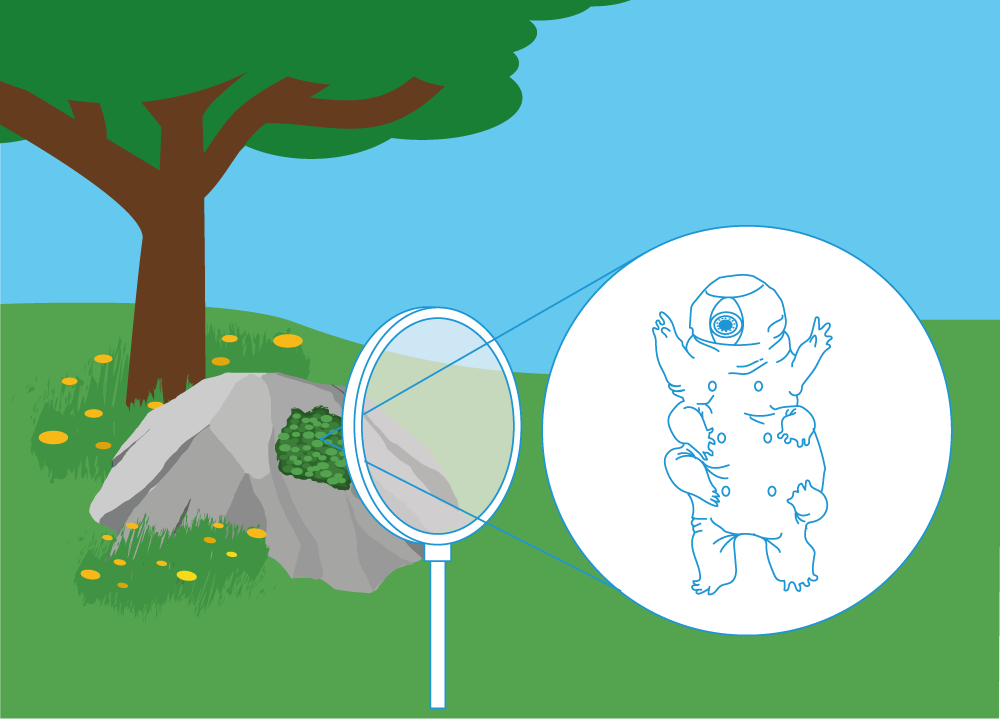
Brief description: In this set of experimental activities, students will investigate the survival abilities of tardigrades, also known as water bears. They will expose conditions and come to a conclusion about which environments they can survive in. The aim of this resource is to test tardigrades’ resilience to extreme environmental conditions and link their survival […]
Could life survive in alien environments? – Defining environments suitable for life
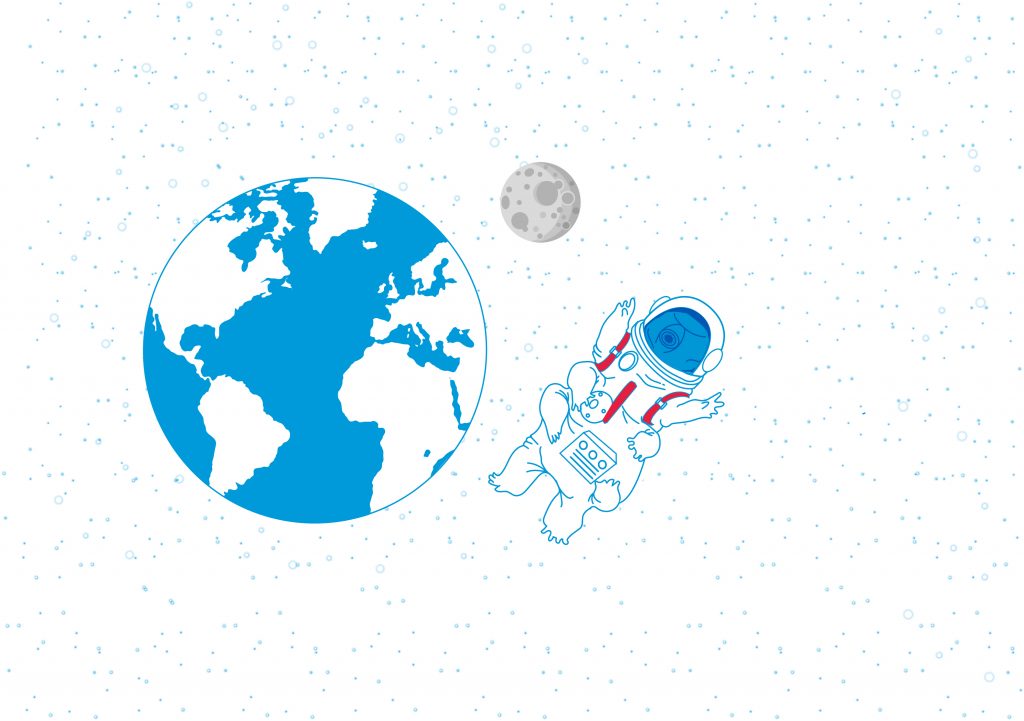
Brief description: In this activity, students will consider whether life found in extreme environments on Earth could survive elsewhere in the Solar System. Students will examine the characteristics of different places in the Solar System and then use fact cards of some example extremophiles to hypothesise which they think might be able to survive in […]
AstroCrops – Growing plants for future space missions
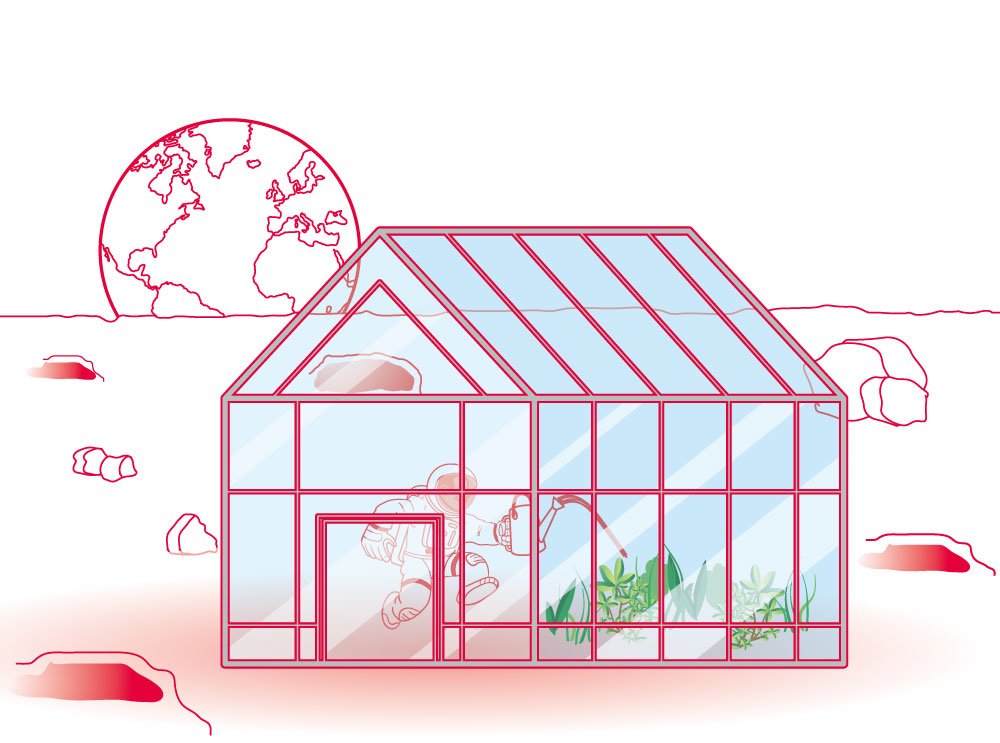
Brief description: In this set of activities, students will build an understanding of germination and plant growth by following the development of three unknown plants for 12 weeks. They will conduct measurements and make observations to evaluate their plant’s growth and health. Students will use their observations to make a hypothesis about which species of […]
AstroFarmer – Learning about conditions for plant growth

Brief description: In this set of six activities, students will investigate which factors affect plant growth, and relate these factors to growing plants in space. Students will learn that plants need air, light, water, nutrients and a stable temperature to grow. Students will observe what happens to plants when they vary some of these factors. […]
AstroFood – Learning about edible plants in Space
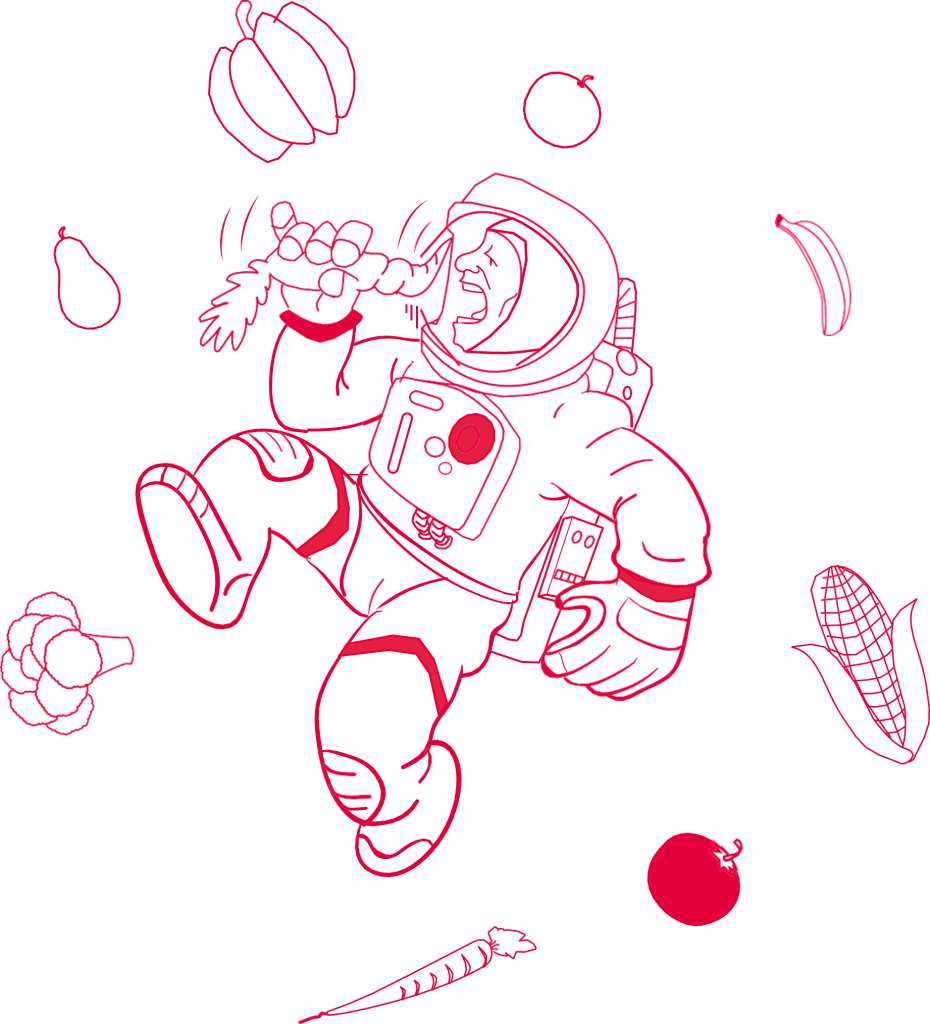
Brief description: In this set of activities, students will learn about the different components of plants. They will learn which parts of plants are edible and learn the difference between a vegetable, a fruit and a seed. The students will have to imagine and draw the plant associated with the fruit/vegetable/seed they are observing. They […]
Moon Constitution – How would a future lunar community be organised?
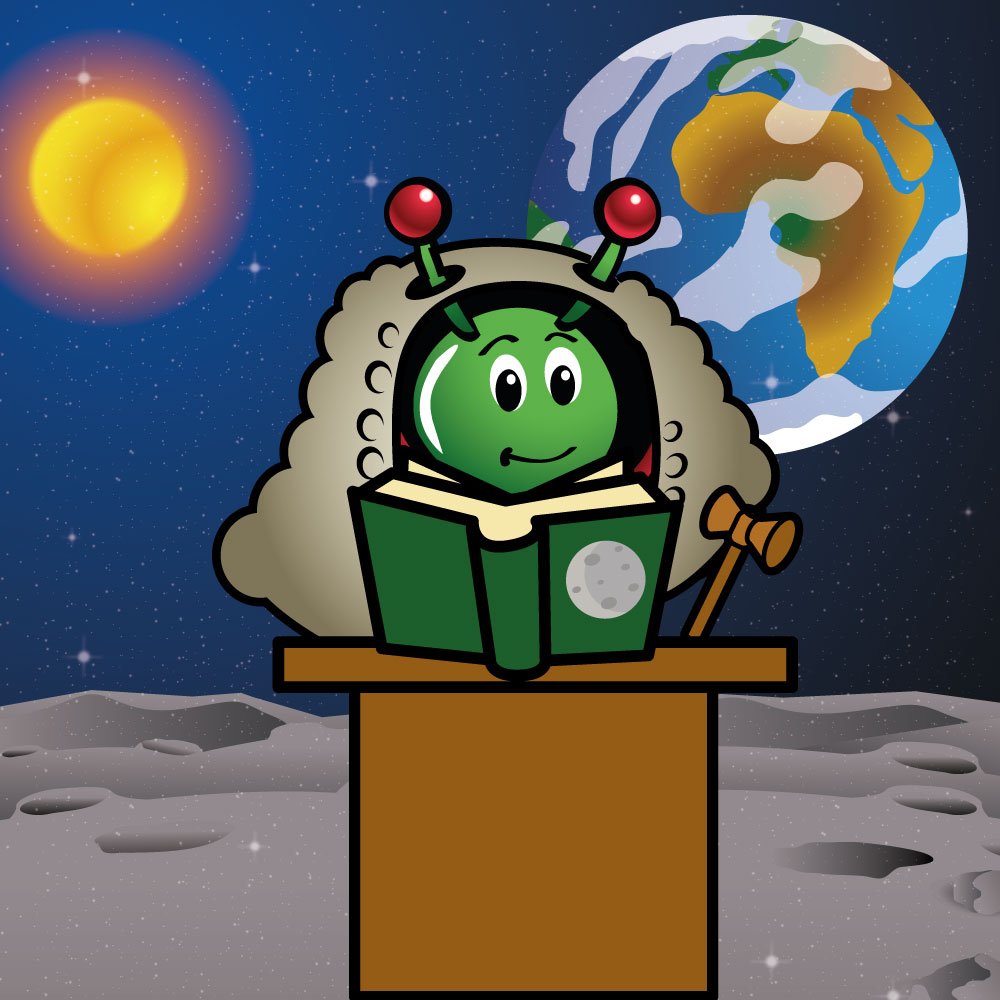
Brief description: In this resource, pupils will debate some organisational and social characteristics of a future settlement on the Moon and relate it to their local community. The students will be guided through the activity using a set of debate questions, to which the students can respond with their opinions on whether they agree or […]
Robotic Arm – Become a space engineer for a day
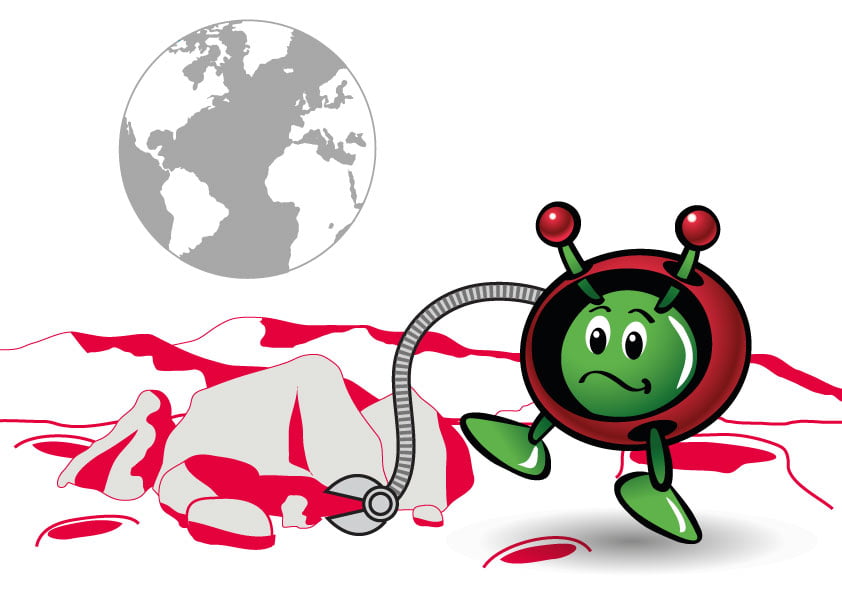
Brief description: In this activity, students will learn how their arm works and build a robotic arm inspired on it. Students will understand the different functions of bones and muscles. They will build and test a model robotic arm and understand why a robotic arm is a very important tool in space. Subject: Science, ArtsLearning […]


